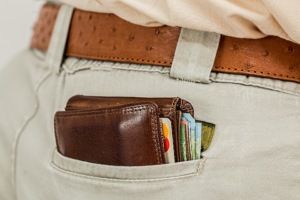News
Danish families have more disposable income than ever before
This article is more than 8 years old.
Report from Danske Bank sheds light on economic trends within families in Denmark

More money in Danish wallets (photo: Pixabay)
People in Denmark have more money at their disposal to spend than ever before, according to new figures from Danske Bank.
An average family consisting of two adults and two children have – on average – 620,000 kroner of disposable income after tax per year. That’s 180,000 kroner higher than a decade ago.
“Danes with disposable income started to increase in earnest in 2012 and the levels are the highest ever,” Louise Aggerstrøm Hansen, an economist with Danske Bank, told Finans.dk.
READ MORE: Denmark scores top marks in retirement income report
Student woes
The report (here in Danish) also showed that couples without children on average have 450,000 kroner at their disposal after tax – and they have less debt than families with two kids.
On average, singles with children have disposable income of 310,000 kroner – 80,000 kroner better than ten years ago – while singles without kids have 195,000 kroner at their disposal, which is 43,000 kroner more than a decade ago.
The groups that saw the smallest change compared to ten years ago were the students and unemployed, which only saw increases of 15,000 kroner and 22,000 kroner respectively – a decrease in disposable income when taking inflation into account.






































